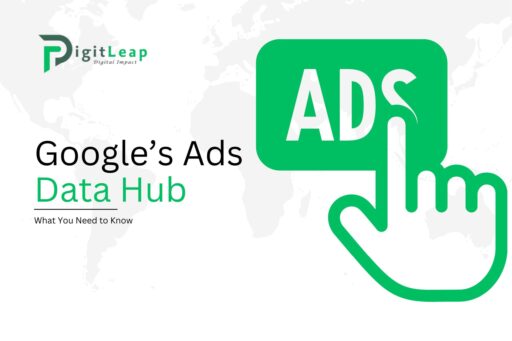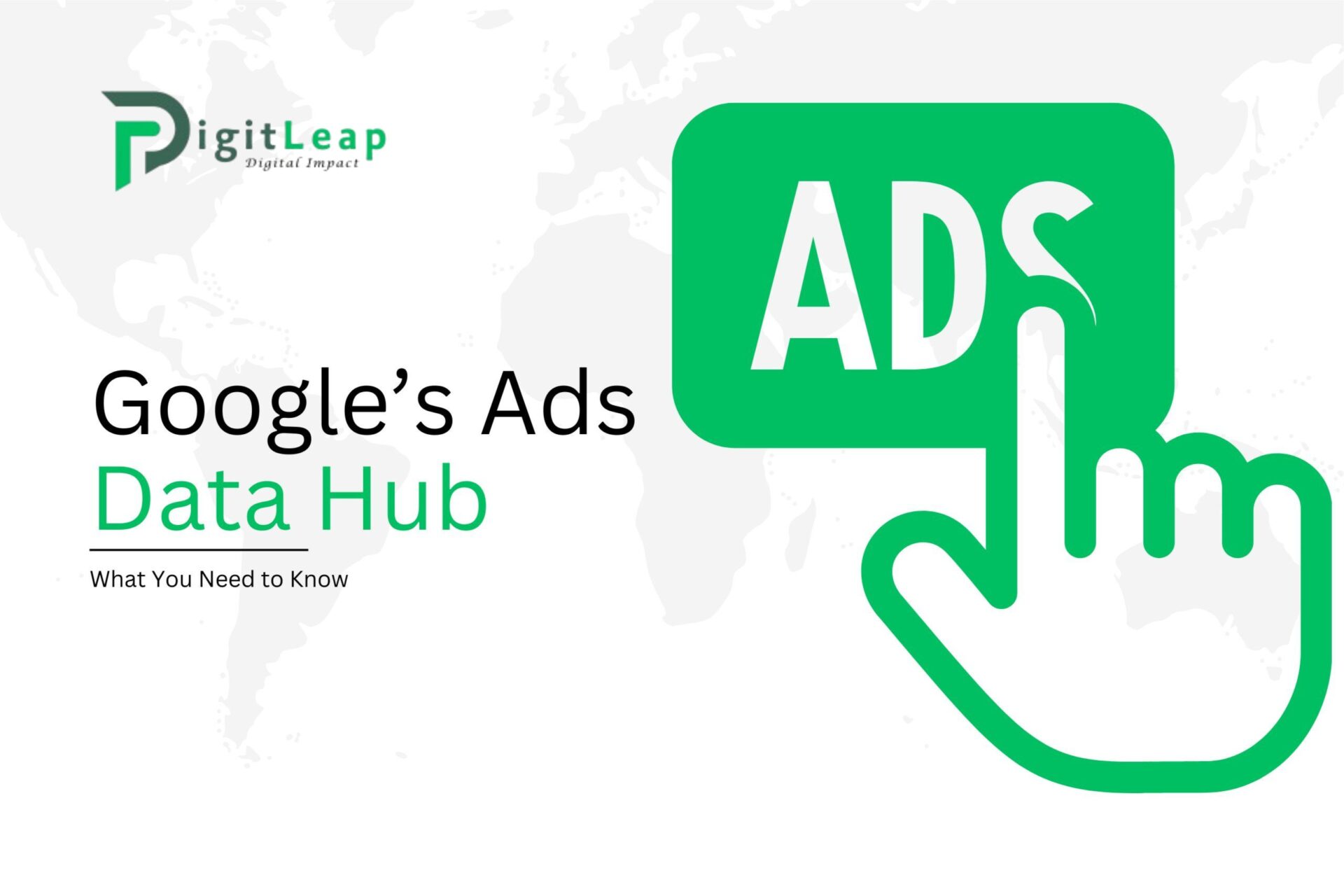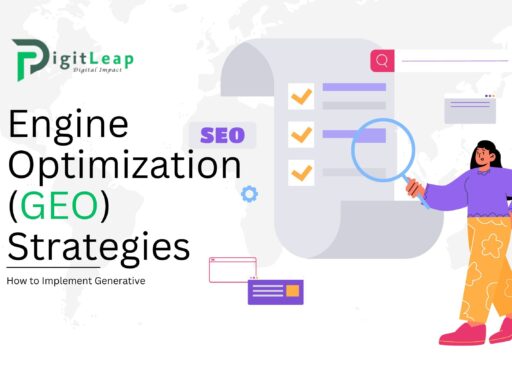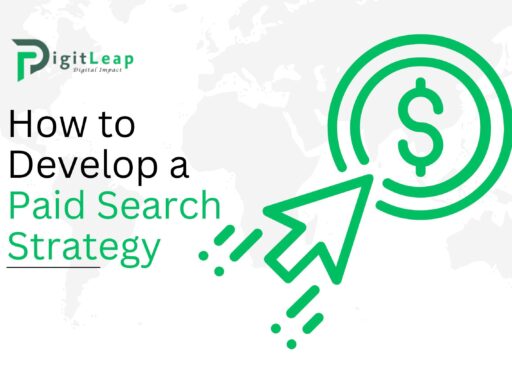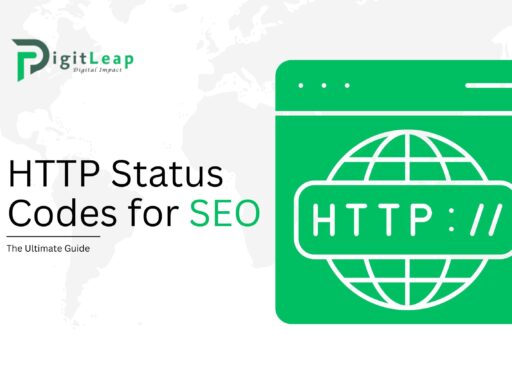Google’s Ads Data Hub: What You Need to Know
In today’s digital marketing world, data is everything. The more insights you have about your audience, the better you can tailor your campaigns for maximum impact. Google’s Ads Data Hub (ADH) is one of the most powerful tools available to advertisers, providing an advanced way to access and analyze data from your campaigns while adhering to user privacy standards.
In this article, we’ll break down what Google’s Ads Data Hub is, how it works, and why it’s essential for businesses looking to get the most out of their advertising data.
What Is Google’s Ads Data Hub?
Google’s Ads Data Hub is a cloud-based platform that allows advertisers to analyze their Google Ads campaigns and other marketing data in a secure, privacy-compliant environment. It’s essentially a data warehouse built on Google Cloud, designed to help advertisers understand the impact of their campaigns across different Google platforms, including YouTube, Google Search, and the Google Display Network.
The key benefit of Ads Data Hub is that it allows advertisers to connect and analyze their first-party data alongside Google’s advertising data, all without compromising user privacy. With growing concerns about privacy and the need for data protection, Google developed Ads Data Hub as a solution that enables detailed, granular analysis without giving advertisers access to personally identifiable information (PII).
Why Ads Data Hub Is Important
With the shift toward stricter data privacy regulations, such as GDPR and CCPA, traditional ways of tracking and reporting user behavior are becoming more limited. Ads Data Hub offers a way for advertisers to continue accessing detailed data insights while ensuring compliance with these regulations.
Previously, advertisers could use third-party cookies to track user behavior and measure the effectiveness of campaigns. But with cookies being phased out, tools like Ads Data Hub have become crucial. It allows businesses to measure their campaigns effectively while respecting user privacy.
How Does Ads Data Hub Work?
Ads Data Hub operates within the Google Cloud Platform, meaning you’ll need to use Google’s cloud infrastructure to access and manage your data. Here’s a quick breakdown of how it works:
- Data Collection: Ads Data Hub collects data from your Google Ads campaigns, including information from Google Search, YouTube, and Display Network ads. It also supports integrations with your own first-party data.
- Data Processing and Analysis: The data collected is stored securely within Ads Data Hub, and you can run advanced queries using SQL (Structured Query Language). The tool allows you to merge your first-party data (like CRM or website analytics) with Google’s ad data, providing a more comprehensive view of campaign performance.
- Privacy Controls: Privacy is at the heart of Ads Data Hub. All analysis is done without exposing user-level data. Instead, the platform aggregates the data and removes PII before making it accessible for analysis. This ensures that your insights remain privacy-compliant while still offering valuable marketing analytics.
- Custom Reporting: Ads Data Hub lets you create custom reports that fit your specific needs. Whether you want to analyze specific audience segments, measure conversions across multiple devices, or assess the impact of different marketing channels, Ads Data Hub offers the flexibility to do it all.
Key Features of Google’s Ads Data Hub
- Cross-Device Tracking Ads Data Hub allows you to track user behavior across multiple devices without relying on cookies. This cross-device tracking capability is crucial as more people switch between phones, tablets, and desktops throughout the day.
- Advanced Audience Segmentation With Ads Data Hub, you can perform more detailed audience segmentation. By combining your first-party data with Google’s ad data, you can identify specific user behaviors, preferences, and characteristics, helping you create more targeted ad campaigns.
- Comprehensive Reporting The platform enables advertisers to run complex queries to gather insights about how different factors—such as ad creative, keyword performance, and audience demographics—affect campaign performance. These insights can be customized and tailored to fit the specific needs of your business.
- Enhanced Attribution Attribution has always been a challenge for marketers, especially when trying to understand how different touchpoints contribute to a conversion. Ads Data Hub improves attribution by allowing you to connect various data sources and analyze how each campaign influences the customer journey.
- YouTube Measurement One standout feature is the ability to track and measure YouTube campaign performance in more detail. Ads Data Hub provides insights into video views, engagement, and conversions, making it easier to assess the ROI of your YouTube ads.
Benefits of Using Google’s Ads Data Hub
- Privacy Compliance One of the biggest challenges advertisers face today is balancing the need for data with privacy regulations. Ads Data Hub ensures that all the data you access is fully compliant with privacy laws like GDPR. It anonymizes user data, allowing you to analyze performance without violating privacy rules.
- Deeper Insights By combining first-party data with Google’s ad data, you get a more complete picture of your campaigns. This data fusion allows for more granular analysis, helping you understand your audience better and make more informed decisions.
- Better Campaign Performance With advanced reporting and audience insights, you can make data-driven decisions that improve your campaign’s performance. Whether it’s tweaking ad creative, adjusting bidding strategies, or refining your targeting, Ads Data Hub gives you the data you need to make these improvements.
- Holistic View Across Platforms Ads Data Hub enables advertisers to see how their campaigns are performing across multiple Google platforms, including YouTube, Search, and Display. This holistic view allows you to optimize your advertising efforts across the entire Google ecosystem.
- Customizable Queries For businesses with specific needs, Ads Data Hub’s SQL-based query system allows you to run custom queries that fit your exact reporting requirements. This level of customization is especially helpful for large brands or agencies managing complex campaigns.
Who Should Use Google’s Ads Data Hub?
Google’s Ads Data Hub is particularly beneficial for:
- Large Advertisers and Agencies: Companies with significant ad budgets and complex campaigns across multiple platforms will benefit from the deep insights Ads Data Hub offers.
- Brands Focused on Privacy Compliance: If privacy compliance is a major concern, Ads Data Hub offers a way to analyze ad performance without exposing user data.
- Businesses Using First-Party Data: If you have a robust set of first-party data (such as email lists or CRM data), Ads Data Hub allows you to combine it with Google’s ad data for better audience segmentation and targeting.
However, keep in mind that Ads Data Hub requires some technical expertise, as it involves setting up and running SQL queries. For businesses that lack an in-house data team, working with a digital agency or data specialist might be necessary.
Conclusion
Google’s Ads Data Hub offers advertisers a powerful tool to analyze and optimize their campaigns in a privacy-compliant environment. With advanced features like cross-device tracking, audience segmentation, and enhanced attribution, Ads Data Hub helps businesses get the most out of their advertising data without compromising user privacy.
At DigitLeap, we specialize in helping businesses navigate tools like Google’s Ads Data Hub to make data-driven decisions that drive results. Let us assist you in leveraging this powerful platform to boost your campaign performance and stay ahead of the competition!

